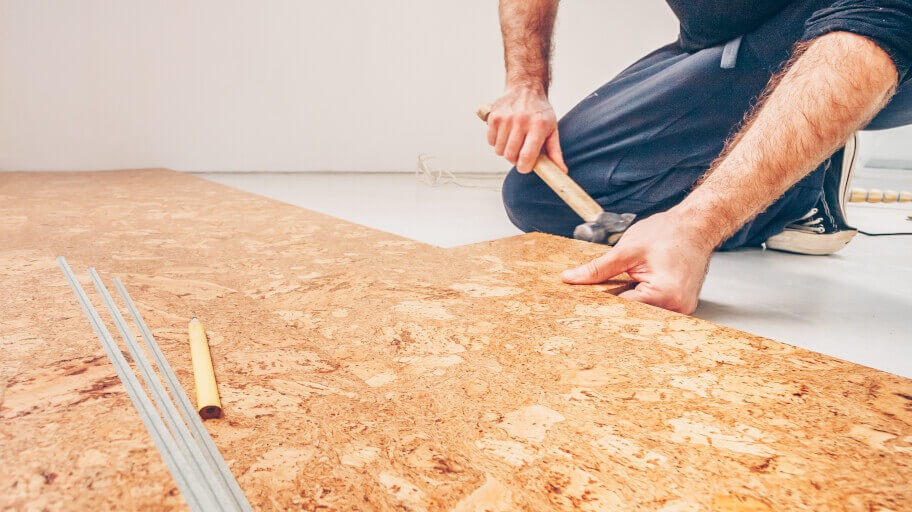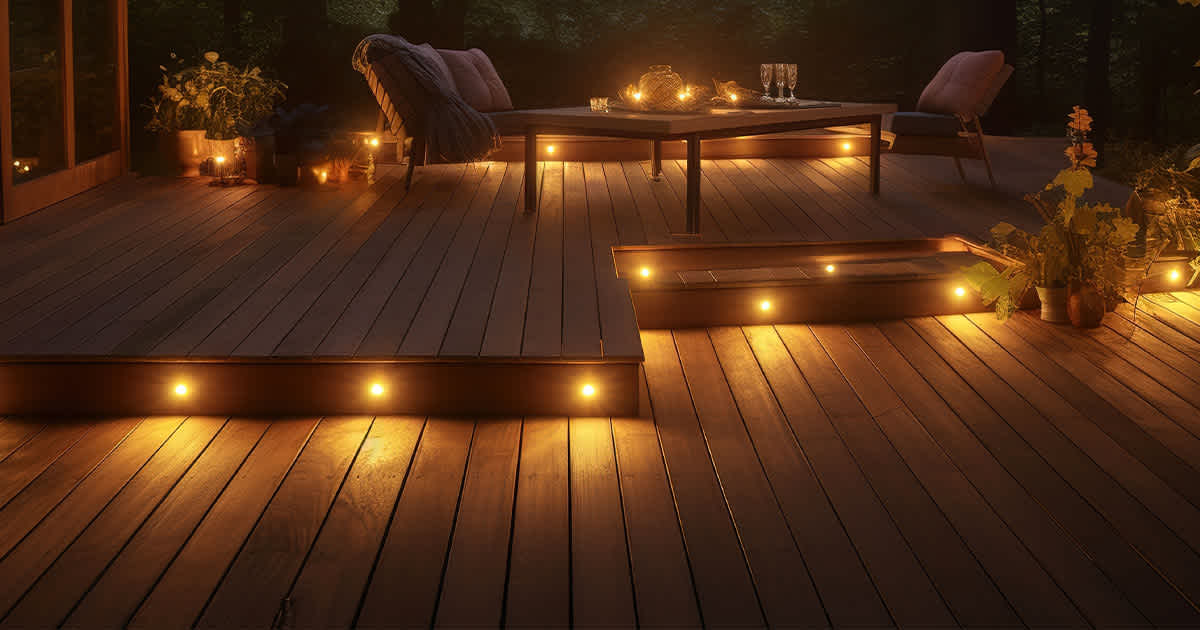Since a new roof is a significant financial commitment, it is critical to fully comprehend the warranties that come with it. A roofing warranty serves as an official guarantee of the quality and functionality of your recently installed roof, provided by the roofing material manufacturer or the system installation. However, these guarantees are not all the same. The extent of their coverage, the duration of their validity, and the particular conditions that might be applicable vary greatly amongst them.
By closely reviewing a roofing warranty, consumers can learn important information about the expected lifespan and built-in durability of their roof. To ensure comprehensive coverage and expert guidance, consider consulting davis roofing for insights into warranty terms and conditions. You can make wise decisions and make sure you are sufficiently protected against potential flaws or early failures by being aware of the precise terms, restrictions, and transferability options included in the warranty document.
Understanding Warranty Coverage
Most roofing warranties cover material and workmanship flaws. Defects in the actual roofing materials, such as flashing, underlayment, or shingles, are covered by a manufacturer’s guarantee. The manufacturer will typically supply replacement materials if these materials fail too soon as a result of production defects. On the other hand, installation procedure flaws are covered by an installer’s warranty. The contractor is in for of fixing any leaks or issues that arise from incorrect installation.
It’s crucial to know what roofing warranties do not cover, though. Damage from earthquakes, hurricanes, and hailstorms is typically not covered by warranties. Additionally, they usually do not cover damage brought on by poor upkeep, such failing to clear debris or clean gutters. Additionally, damage resulting from foot traffic or post-installation roof alterations is frequently not covered.
Warranty Types and Lifespan Expectations
Your roof’s warranty type can predict its lifespan. Limited warranties cover 20–30 years and may include prorated coverage. This suggests that roof covering decreases with aging. Extended warranties offer extra coverage with longer periods and fewer restrictions. Some luxury roofing systems have lifetime warranties for the original owner.
The warranty length often demonstrates the manufacturer’s confidence in the product’s durability. Long-guaranteed roofing materials are usually made of better materials and designed to last longer. Keep in mind that warranties don’t guarantee longevity. Regardless of warranty, environment, upkeep, and installation quality can affect a roof’s longevity.
Maximizing Warranty Protection
To optimize your warranty protection, it’s vital to properly read and understand the terms and conditions. Be sure you adhere to the maintenance and care instructions provided by the manufacturer. Your warranty may be maintained and issues can be avoided with routine cleaning, repairs, and inspections. Selecting a trustworthy roofing contractor with a track record of high-quality work is also essential. The possibility of installation mistakes voiding your warranty can be reduced by a professional installer.




